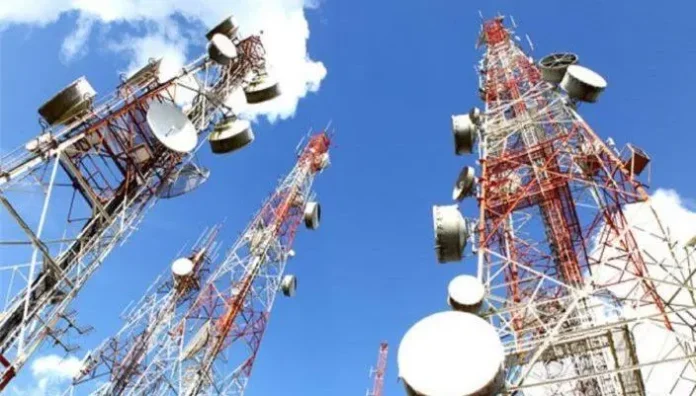The Federal Government has launched a major infrastructure drive to improve digital access across Nigeria. As part of this initiative, 7,000 telecommunications towers will be rolled out in remote and underserved areas, targeting over 20 million people who currently live without any network coverage.
The Minister of Communications, Innovation and Digital Economy, Dr. Bosun Tijani, disclosed this during a joint TV appearance with Senator John Enoh, Minister of State for Industry. He explained that the first of these towers has already been activated in Kura, a village near Abuja with a population of around 12,000. Until now, Kura had no form of communication. The newly installed tower now powers both voice and internet access for the village’s health center and school.
Dr. Tijani emphasized that this rollout is part of broader government plans to close Nigeria’s connectivity gap. He revealed that while Nigeria requires about 125,000 kilometers of fiber optic cable for universal broadband access, only 35,000 to 40,000 kilometers have been laid so far. This shortfall, he said, is a major reason why Nigerians face poor internet quality, especially with services like WhatsApp calls.
To fix this, the government has begun planning a $2 billion expansion to add 90,000 kilometers of fiber optic cables, with support from the World Bank. This project is expected to launch before the end of 2025 and be significantly completed within the current administration’s first term.
Beyond infrastructure, Dr. Tijani highlighted progress on the “Three Million Technical Talent” (3MTT) program. So far, about 130,000 young Nigerians have been trained in digital and technical skills, with a broader goal to create one million tech jobs. According to him, the 3MTT is more than a training program—it serves as a launchpad for startups, careers, and long-term innovation in Nigeria’s tech space.
The ministry’s other digital transformation efforts include funding over 50 AI-driven startups in the past year, providing broadband to university hostels in Abuja and Lagos, rebuilding the Kano Innovation Hub destroyed during riots, and setting up new innovation hubs nationwide in partnership with the National Information Technology Development Agency (NITDA).
Dr. Tijani urged young Nigerians to stay informed and take responsibility for their growth. He pointed out that he is the first Nigerian minister to publish weekly updates and white papers on ongoing projects. He encouraged youth to actively seek information and use available digital tools to explore opportunities.
He concluded by challenging the younger generation to stop waiting for handouts and instead take the initiative. According to him, “Opportunity today is searchable. Our job is to clear the path; yours is to take the first step.”

